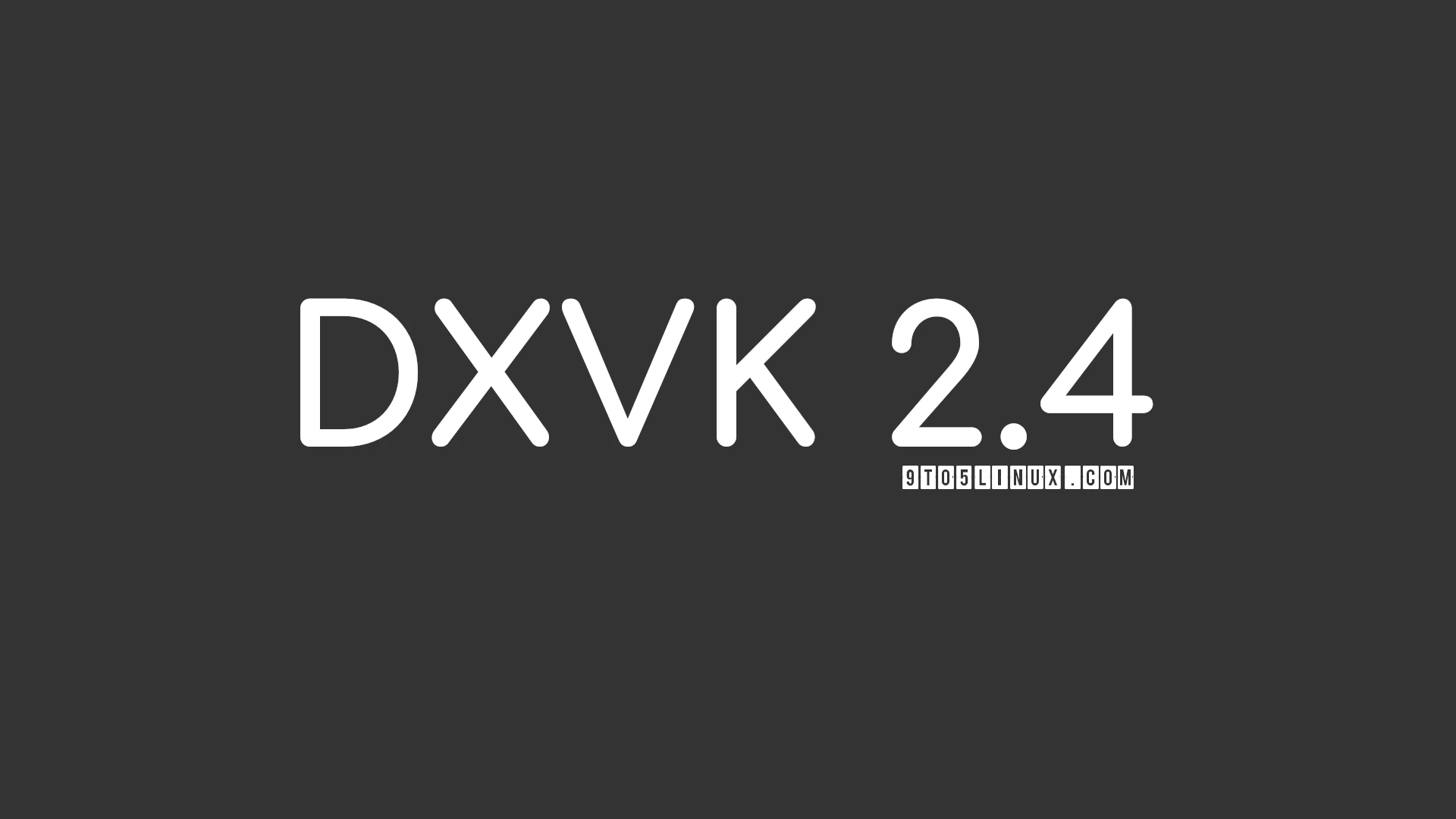DXVK 2.4, a Vulkan-based implementation of D3D9, D3D10, and D3D11 for Linux / Wine, is now available for download as a major update that introduces new features and improves support for multiple games.
Highlights of DXVK 2.4 include D3D8 support as the Direct3D 8 to Vulkan translation D8VK has been merged into DXVK, support for multiple window system backends in dxvk-native, and non-native refresh rate emulation for reporting a different refresh rate to video games in environments where the display mode can’t be changed.
“This is problematic for games that require to be run at 60 FPS but do not limit their frame rate when using a 60 Hz display mode,” reads the announcement. “The frame rate limiter will now be engaged automatically if a game runs in full-screen mode with vertical synchronization enabled, and if the detected frame rate over a short period of time is higher than the refresh rate of the selected display mode.”
DXVK 2.4 brings improvements to several video games, including Battlefield 2, Battlefield 2142, Dead Space 2, Dragonshard, Fallout 4, Fallout New Vegas, Ghostbusters Remastered, Gothic 3, Guild Wars 2, Prototype, Star Citizen, The Sims 2, Tomb Raider Legend, Red Faction Guerilla Re-Mars-Tered, Rise of Nations, Watch Dogs, Watch Dogs 2, and WRC 4.
On top of that, this release fixes various issues with D3D9 fixed-function texture coordinate processing, improves compatibility with third-party mods hooking various DXGI entry points, improves the video processor blit functionality, improves the descriptor pool management to save memory, and fixes a crash and rendering issues with AMD’s official drivers when the pipeline libraries are enabled.
DXVK 2.4 is now available for download from the project’s GitHub page, but you must compile it on your GNU/Linux distribution. If that’s not your cup of tea, you’ll have to wait for it to land in the stable software repositories of your GNU/Linux distribution.
Last updated 11 hours ago
